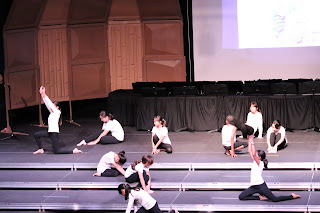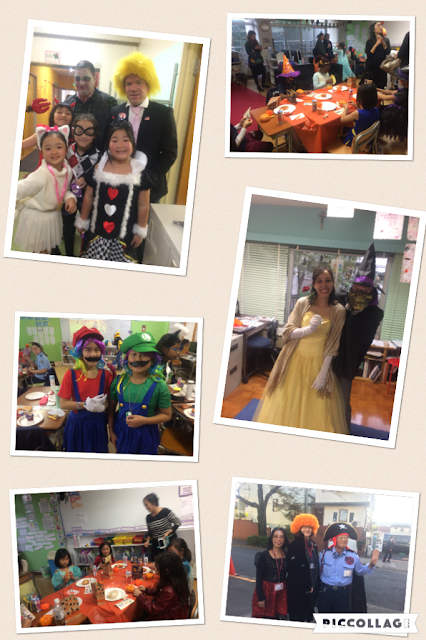The aim of the PYP curriculum framework is to develop the understanding of significant conceptual ideas. We want students to go beyond the memorization of isolated facts and to make connections and generalizations to form deeper understandings.
During the PYP curriculum development phase, the developers of the programme concluded that there are clusters of important ideas across all curriculum areas that can be grouped under a set of eight key concepts. These key concepts are considered to be universal across all curriculums, regardless of time or place, within and across all disciplines (Making the PYP Happen 2009).
The slideshow below shows the eight key concepts (form, function, causation, change, connection, perspective, responsibility, reflection) and the driving questions that can be used along with the various topics and bodies of knowledge identified in a curriculum.
The slideshow below shows the eight key concepts (form, function, causation, change, connection, perspective, responsibility, reflection) and the driving questions that can be used along with the various topics and bodies of knowledge identified in a curriculum.
Each unit of inquiry your daughter studies will have one overarching conceptual understanding - the central idea of the unit. This is the deep understanding - or the big idea - we want the students to be be able to demonstrate and articulate by the end of the unit.
In order to guide students through inquiries that will lead to this understanding, teachers plan the units by identifying essential knowledge that students will require in order to be able to develop the deeper understanding. Alongside this knowledge, three of the PYP Key Concepts are chosen, which help to focus the inquiries and guide the students towards being able to make a generalization, or understanding a central idea. The diagram below shows how, starting with a strong factual foundation (or essential knowledge), identifying key concepts can guide students towards making a generalization to show their understanding of a particular topic (what we call the central idea of a unit the PYP).
In order to guide students through inquiries that will lead to this understanding, teachers plan the units by identifying essential knowledge that students will require in order to be able to develop the deeper understanding. Alongside this knowledge, three of the PYP Key Concepts are chosen, which help to focus the inquiries and guide the students towards being able to make a generalization, or understanding a central idea. The diagram below shows how, starting with a strong factual foundation (or essential knowledge), identifying key concepts can guide students towards making a generalization to show their understanding of a particular topic (what we call the central idea of a unit the PYP).
This particular example comes from the current Grade 4 Multi-Faith Religion unit of inquiry. The model on the left here is Lynn Erickson's Structure of Knowledge (2002) and the information on the right shows how, starting with the identification of essential knowledge, inquiries can be planned with the aim of helping students achieve deep, transferrable understanding of the unit.
 |
| By focusing on just three of the PYP's eight concepts, a unit of inquiry becomes more focused, allowing the students to inquire deeper and go beyond memorizing a set of isolated facts. |
The key concepts can also help the students to focus their own inquiries. Often students will have many questions about a topic/unit that may not be uncovered during class times if they don't fit the chosen key concepts of the curriculum unit, or connect to the central idea. Giving students the key concepts as a scaffold to help them formulate questions helps them focus on relevant wonderings that will help develop an understanding of the central idea.
Here are some examples of Grade 4 student questions that were generated in preparation for an upcoming visit to a cathedral and synagogue. The question scaffolds worked together with the key concepts to ensure their inquiries were focused towards developing their understanding of the central idea identified in the diagram, above (People of different faiths believe in sacred places and special people).
The next step for these students will be to sort the questions and prioritise which ones they can answer together in school with the information they have already found, and which ones will become the questions they ask the Priest and Rabbi when they visit the places of worship.
You can click here to view the details of the units of inquiry each grade level studies throughout the year. This is our Programme of Inquiry, with each unit detailing the central idea, key concepts, lines of inquiry and PYP subject areas.
Giving the students opportunities to interact with the these key concepts will enable them to use sound factual foundations, make connections and deepen their understandings of the unit content, depending on the particular 'conceptual lenses' identified in the Programme of Inquiry.























